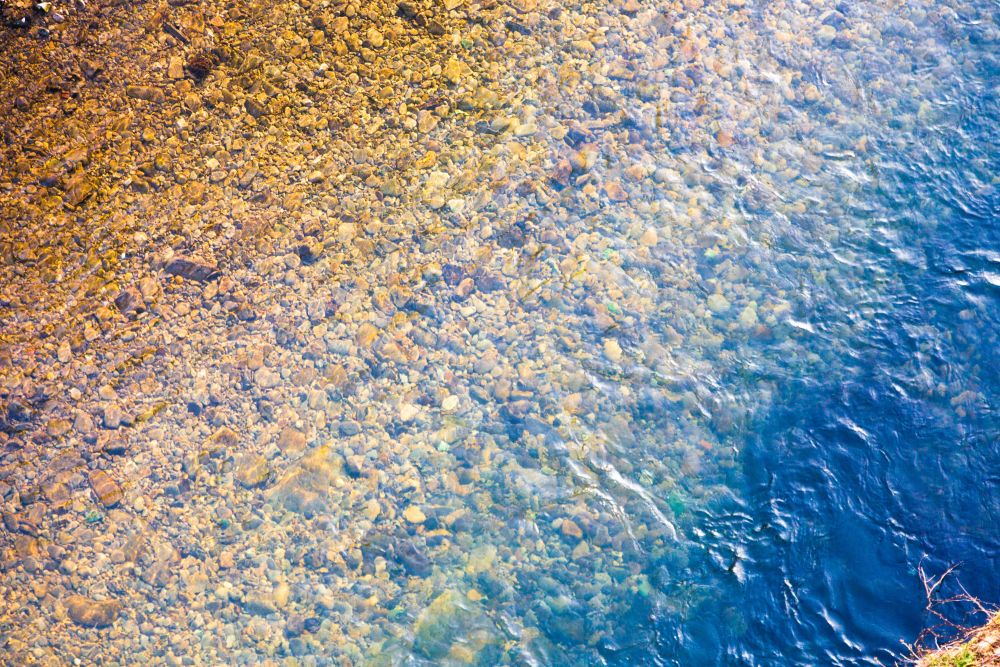Stepping stones: guidance for decision-makers to understand and analyse water systems
7 March 2023
The modeling of water systems is in and of itself a complex endeavor, with multiple parameters for one to account for. When understanding water systems in the context of environmental policy, the matter becomes even more complex. When we work with communities to optimise their reuse of water in the urban context, we must also account for social systems and the concerns of identified stakeholders.
This week we had the pleasure to host our 2nd NICE capacity building session on water modelling for decision makers with experts Neil Sang (SLU - Swedish University of Agricultural Sciences) and Joaquim Comas (ICRA Catalan Institute for Water Research) who lent us their expertise on creating systems of modeling which can then be transferred to platforms for decision-makers. This webinar was co-hosted through the UrbanbyNature programme.
The modeling of water systems relies on inputs entered by technical experts, first into statistical software R, and later put into a translated user-friendly version for policy makers. These models emulate NBS, not simulate, an important distinction, as the models can only understand what has been put into the greater system. The models are handy to understand simpler NBS in isolation. However, the complexity builds when testing combinations of solutions; therein lies potential challenges. To make these models useful, you need to be able to extract that information easily for the user friendly interface.
Important to this process is creating a shared understanding of the nature-based water solutions in question, so that all parties go into decision-making with the same context. Incorporating contextual data such as life-cycle and cost-benefit analysis are some of the many ways in which we can help inform decision-makers about optimal nature-based solutions in local contexts.
During his presentation, Joaquim Comas explained to us the process MULTISOURCE is undergoing to develop co-creative tools and guidance to adopt and maintain NbS for urban water treatment. These tools are being designed in collaboration with other international water associations and will be furthered in such a way that they can outlive the project and be integrated into future initiatives.
Learn more about MULTISOURCE and its creation of co-creative tools.
rocks water (Unpslash) by "Mike Erskine", licensed under free stock
All news

This project has received funding from the European Union's Horizon 2020 research and innovation programme under grant agreement No.101003765.

